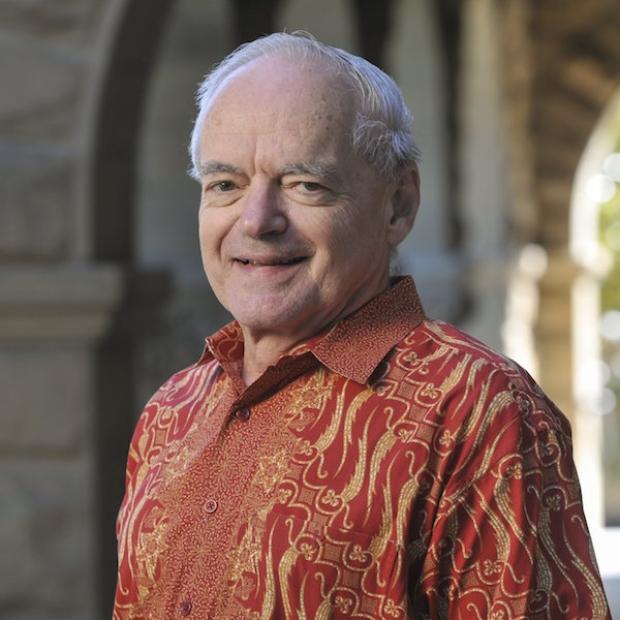RSVP here by 5:00 pm on March 7. Free and open to the public.
Brunei, China, Indonesia, Malaysia, the Philippines, Taiwan, and Vietnam have made ambiguous, intransigent, and overlapping claims of “sovereignty” and “rights” in the SouthChina Sea. China has enlarged and weaponized “its” land features and denounced and ignored the July 2016 decision by the International Tribunal for the Law of the Sea that denied China’s claims of “rights” within its vastly encompassing “nine-dash line.” The court also disallowed claims to sea space in excess of twelve nautical miles around land features in the Spratlys. China’s refusal to negotiate with ASEAN as a group and its use of yuan diplomacy have worsened the disunity of member states. Chinese procrastination and intra-Southeast Asian rivalry have stalled implementation of an existing but routinely violated Declaration on Conduct and prevented agreement on a meaningful and enforceable Code of Conduct. American policy toward China appears to have shifted from objection to provocation. The question is urgent: What can and should be done?
Donald K. Emmerson is the Director of the Southeast Asia Program, Shorenstein APARC; Senior Fellow at FSI, Emeritus; Affiliated Faculty of CDDRL; and Affiliated Scholar, Abbasi Program in Islamic Studies, all at Stanford University. In 2010 the National Bureau of Asian Research and the Woodrow Wilson International Center for Scholars awarded Dr. Emmerson a two-year Research Associateship given to “top scholars from across the United States” who “have successfully bridged the gap between the academy and policy.”
Dr. Emmerson’s policy concerns run from specific issues such as sovereignty disputes in the South China Sea to broad questions involving China-Southeast Asia relations, the American “rebalance” toward Asia, and the future of the Association of Southeast Asian Nations (ASEAN).
Dr. Emmerson’s recent publications include: “Facts, Minds, and Formats: Scholarship and Political Change in Indonesia” in Indonesian Studies: The State of the Field (2013); “Is Indonesia Rising? It Depends” in Indonesia Rising (2012); “Southeast Asia: Minding the Gap between Democracy and Governance,” Journal of Democracy (April 2012); “The Problem and Promise of Focality in World Affairs,” Strategic Review (August 2011); An American Place at an Asian Table? Regionalism and Its Reasons (2011); and Asian Regionalism and US Policy: The Case for Creative Adaptation (2010).





